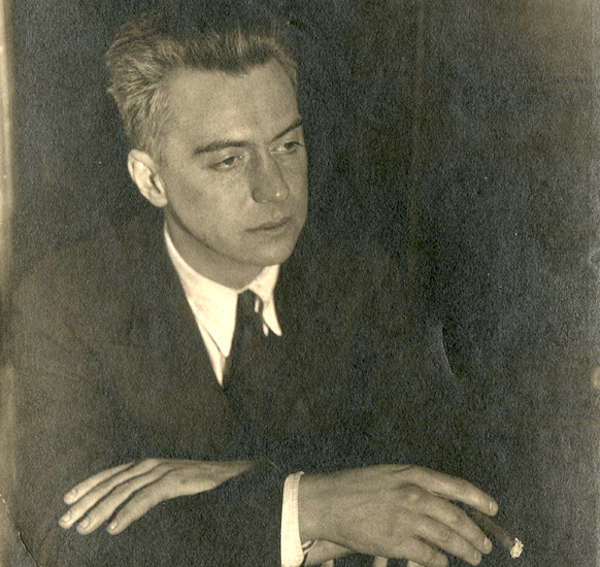Note: If you wish to receive, via e-mail, (1) my weekly newsletter or (2) daily copies of these posts, notify me at rrbates1951@gmail.com and indicate which you would like. I promise not to share your e-mail address with anyone. To unsubscribe, send me a follow-up email.
Thursday
Given how the Washington press corps is piling on President Biden following special prosecutor Robert Hur’s gratuitous swipes at his memory, I’m sharing a forgetfulness poem. I owe the idea Greg Olear’s Prevail blog, which has some choice words for both Hur and the mainstream media for taking his comments seriously:
Is Joe’s occasional inability to immediately summon some piece of data a sign of mental incompetence? Of creeping dementia? Or is it just a function of being alive for 80 years—and in the thick of everything for 50 of those years? I’d argue that it’d be weirder if he didn’t have occasional memory lapses. Who cares if it takes him a few more seconds to remember something? Does it really matter?
Now, Biden has some deep tragedies in his life that one imagines he would like to forget, such as the death of his wife and daughter in a car accident and the cancer death of Beau Biden, caused by his encounter with toxic waste dumps when serving in Iraq. When Hur claimed the president could not recall “even within several years” when his oldest son had died, Biden fired back,
How in the hell dare he raise that? Frankly, when I was asked the question, I thought to myself, it wasn’t any of their damn business. I don’t need anyone to remind me when he passed away, or that he passed away.
In other words, what we witnessed with Hur is what we previously witnessed with Kenneth Starr, James Comey, and John Durham—which is to say, Republican investigators looking for gotcha moments with Democratic politicians when they can’t find anything to prosecute.
But setting aside politics, Crane’s “Forgetfulness” is a wonderfully ambiguous poem about this state of mind. It begins by seeing forgetfulness almost as a blessing, only to later reverse itself to point out its darker side. Here’s the poem:
Forgetfulness is like a song
That, freed from beat and measure, wanders.
Forgetfulness is like a bird whose wings are reconciled,
Outspread and motionless, —
A bird that coasts the wind unwearyingly.Forgetfulness is rain at night,
Or an old house in a forest, — or a child.
Forgetfulness is white, — white as a blasted tree,
And it may stun the sybil into prophecy,
Or bury the Gods.I can remember much forgetfulness.
Often, the urge to remember is an urge to control, to have a stable footing. Both the song and the bird, however, are no longer constrained—by beat and measure in the one case, by a fixed destination in the other—and so are free to simply wander and soar.
I’m thinking that rain at night, the “old house in a forest,” and the child are like partial remembrances when we’ve forgotten the rest. We no longer have a context for them, which means that they shimmer in our minds. All of this sounds picturesque, even romantic, until we get to the image of a blasted white tree. Suddenly, we are looking at the horror of erasure.
Crane’s image makes me think of a mind ravaged by dementia and especially of Jonathan Swift, who in his final years ended up as “a driv’ler and a show” (to use Samuel Johnson’s unnerving characterization in Vanity of Human Wishes). Realizing that he was losing his mind, Swift at one point said, after seeing a tree whose crown had been blasted by lightning, “I shall be like that tree. I shall die at the top.”
Anyone who has lost a loved one to dementia knows the horror of Crane’s blasted white tree. Herman Melville explains why whiteness can horrify us in his Moby Dick chapter “On the Whiteness of the Whale”:
Is it that by its indefiniteness [whiteness] shadows forth the heartless voids and immensities of the universe, and thus stabs us from behind with the thought of annihilation, when beholding the white depths of the milky way? Or is it, that as in essence whiteness is not so much a color as the visible absence of color; and at the same time the concrete of all colors; is it for these reasons that there is such a dumb blankness, full of meaning, in a wide landscape of snows—a colorless, all-color of atheism from which we shrink?
Whereas color indicates life, Melville goes on to say, whiteness is what that color is, in the end, reduced to, “the charnel-house within.”
Such annihilation can bury gods, Crane observes, although he also notes that from it can also emerge Delphic utterances that go deeper than logic. I think of my father’s own brief episode with dementia in his final year.
Perhaps it is because of our fears of forgetfulness, of not being in control of our past, that is prompting the media’s overreaction to Biden’s memory lapses. This seems of more concern to the New York Times than, say, Trump’s invitation to Russia to invade NATO countries. For all the print it is generating, however, Olear believes the story will blow over fairly quickly. Because he remembers much forgetfulness in our history, he points out,
The United States is a nation of amnesiacs. Nothing is as American as forgetting.


